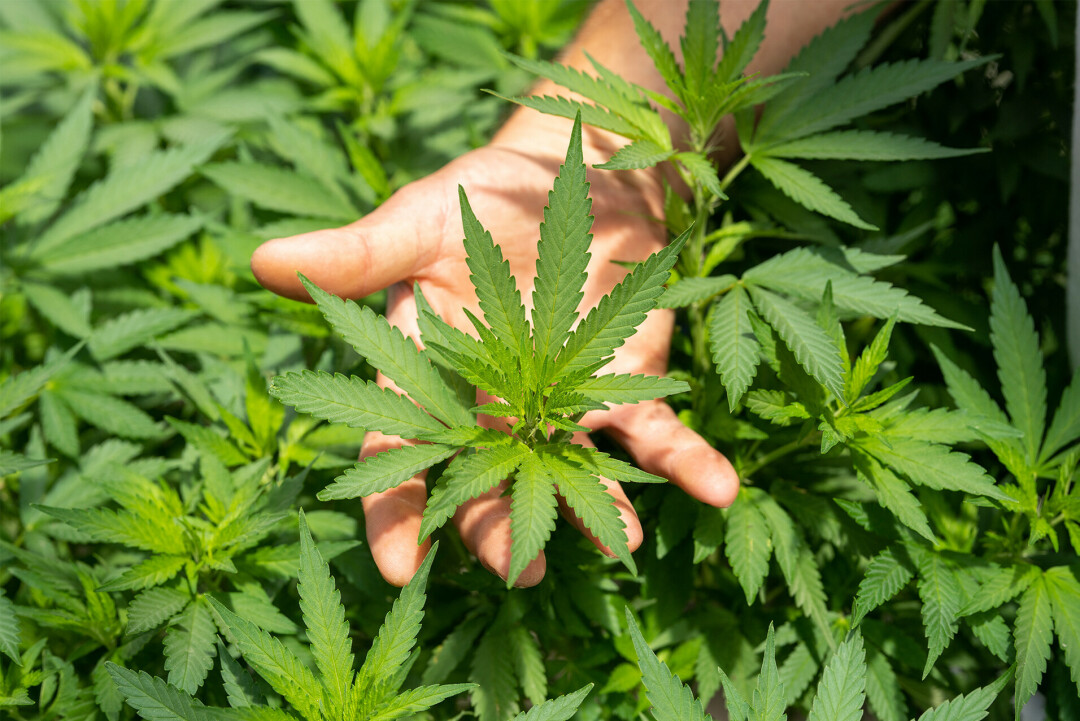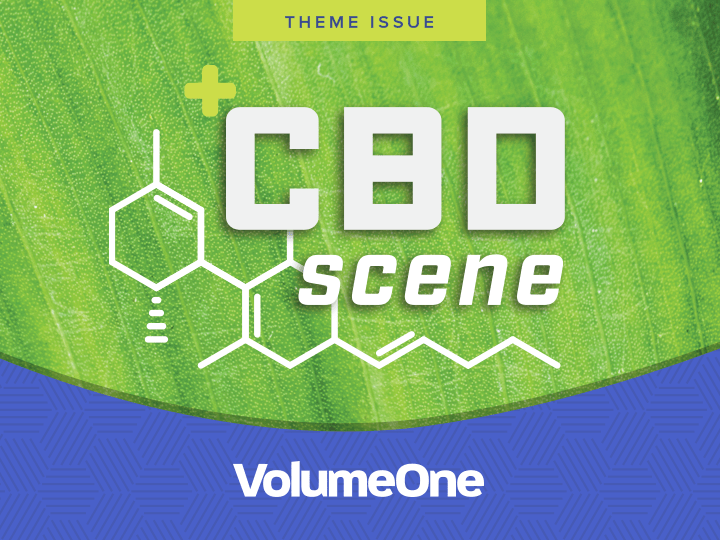What’s the Difference Between Delta-8 and Delta-9?
The hemp game is booming, but what are Delta products?

THC, CBD, Delta-8, Delta-9?! With the boom in CBD and hemp products nationwide and neighboring states legalizing marijuana for medicinal and recreational use, there’s an abundance of new products and terminology for it all, all the time. So, what’s the difference between one of the hemp game’s latest, Delta products?
First, it’s important to note that cannabidiol (CBD) is a compound found in marijuana that is not impairing, or in other words, does not cause a high, as described by the Centers for Disease Control. Hemp is defined as any part of the cannabis sativa plant that does not have more than 0.3% of tetrahydrocannabinol (THC), which is the mind-altering substance in marijuana. That being said, what is Delta?
The Food and Drug Administration describes the Deltas as cannabinoids found in the cannabis plant, of which marijuana and hemp are two varieties. Delta-8 is one of more than 100 cannabinoids produced naturally by the cannabis plant but is not found in significant amounts, so it is manufactured to create concentrated amounts. Delta-9 is a natural cannabinoid and main compound that produces a high similar to cannabis. So, while Delta-8 and Delta-9 have not been approved by the FDA, they are technically legal in many states, including Wisconsin.
Delta-8 has psychoactive effects similar to the high people can experience from using cannabis, while Delta-9 is the main compound that produces a high, so is typically more potent than Delta-8, as described by Forbes. Cannabinoids have often been pointed to for health benefits like chronic pain and anxiety relief, among other things.
Either can be smoked or vaporized in its flower form, ingested as edibles, or used as topicals. Walking into just about any hemp and CBD store, customers can chat with employees to discuss product types and dosage information but should do their own research too.

